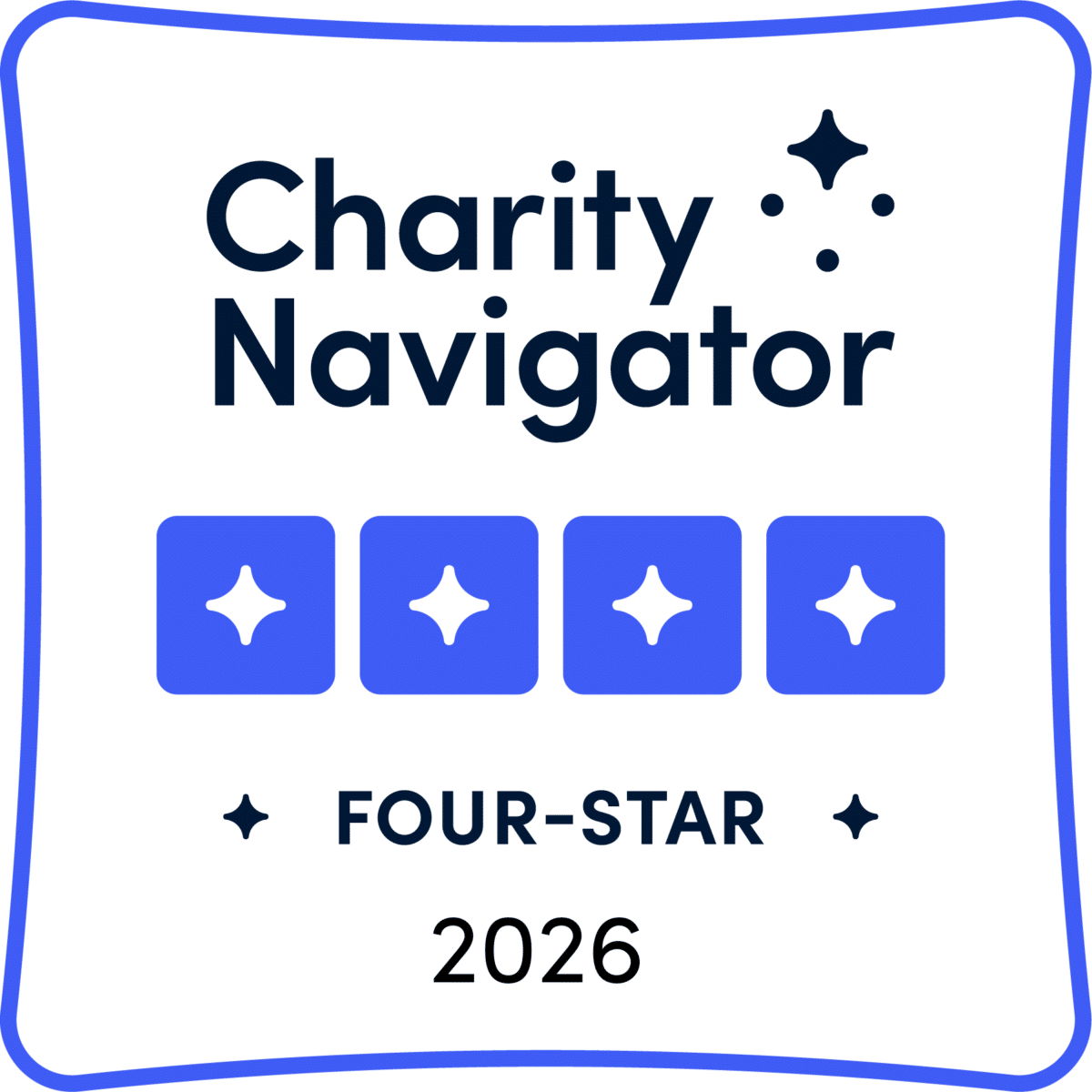End Unjust Marijuana Incarceration in Florida, Vote YES on Amendment 3
This piece originally ran as an op-ed in The Palm Beach Post.
This November, Floridians have a pivotal opportunity to rectify a long-standing injustice by voting for Amendment 3, which would legalize recreational marijuana for adults 21 and older. Amendment 3 is not just about the freedom to consume marijuana; it's about ending the cycle of harm caused by marijuana-related arrests and convictions in Florida, and particularly in its communities of color.
Nationwide, in 2018 alone, there were over 600,000 cannabis-related arrests, the vast majority of which were for mere possession. Right here in Florida, underreported cannabis arrests made up 33.69% of the arrests made in 2022. The continued prohibition of marijuana places an undue burden on our criminal justice system, resulting in jail time for nonviolent individuals, upending their lives in the process. This is especially true for our communities of color. Despite similar usage rates across racial groups, Black and Latino individuals are disproportionately targeted and punished for marijuana possession. Nationally, Black people are nearly four times more likely to be arrested for marijuana possession than their white counterparts, even though both groups use marijuana at similar rates. While more than half the country has embraced marijuana reform, here in Florida, this racial disparity remains stark and unacceptable.
The consequences of a marijuana arrest extend far beyond the initial encounter with law enforcement. Penalties range from fines to several years in prison, and a conviction can lead to a cascade of life-altering repercussions: loss of employment, ineligibility for housing and financial aid, and the social stigma of a criminal record. These impacts are not just individual but communal, perpetuating cycles of poverty and disenfranchisement in already marginalized communities.
The Last Prisoner Project was founded out of the belief that no one should be incarcerated for cannabis offenses. We have seen firsthand the devastation wrought by these punitive measures in Florida. LPP constituent Richard DeLisi, served over 31 years for a victimless cannabis offense in Florida, making him the longest serving cannabis prisoner in U.S. history before we fought for his release in 2021.
Legalizing recreational marijuana in Florida would prevent future injustices, like Richard’s, allowing individuals the freedom to purchase safe products without the fear of incarceration and its often life-altering aftermath.
By voting yes on Amendment 3, Floridians can take a stand against the racial injustices perpetuated by marijuana prohibition. Amendment 3 is a proactive measure that allows for the creation of a new and regulated market and will end arrests and prosecutions of most cannabis-related activity. However, truly equitable legalization, in line with the spirit of ending prohibition, should also include retroactive justice for those who remain impacted by the legal consequences of cannabis-related arrests and convictions. Those who bore the brunt of cannabis criminalization - and continue to pay the price today - should have their sentences revised and their records automatically cleared in the interest of justice.
The Last Prisoner Project urges Floridians to support this crucial amendment and help end the era of marijuana-related incarceration, and we also encourage every Floridian to contact your state representatives to demand retroactive relief for the thousands of individuals whose lives have been permanently altered because of cannabis.
A vote for Amendment 3 is a vote for justice, fairness, and equity in Florida, but it is just the first step in undoing the harms caused by the criminalization of cannabis. Together, we can create a more just and equitable Florida for all.
ABOUT LAST PRISONER PROJECT
The Last Prisoner Project is dedicated to freeing those incarcerated due to the War on Drugs, reuniting their families, and helping them rebuild their lives. As laws change, there remains a fundamental injustice for individuals whose conviction is no longer a crime. We work to repair these harms through legal intervention, constituent support, direct advocacy, and policy change.
Visit
www.lastprisonerproject.org or text FREEDOM to 24365 to learn more.






